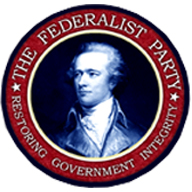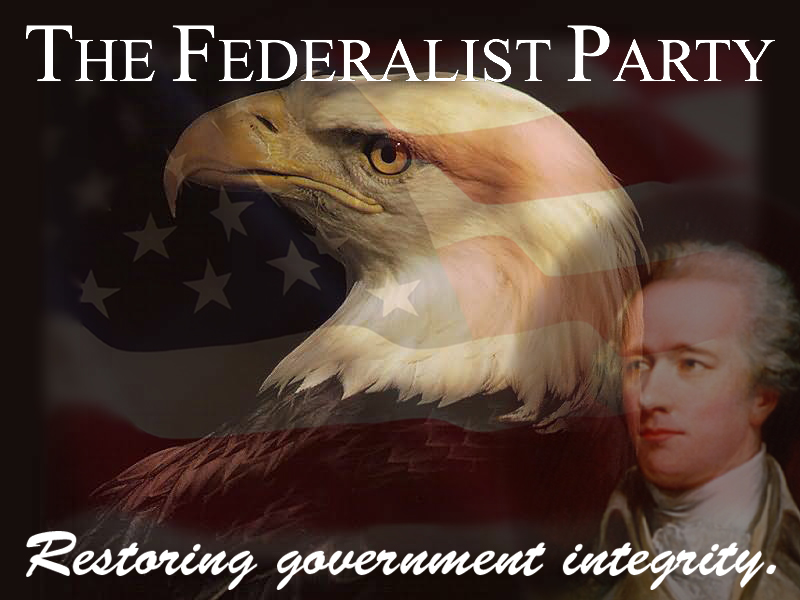22 September 1862
 •
by
•
by Leviathann
Editor's Note: Today's article is a two for one since both are on the same topic, however, I feel they both warrant posting since they contain information that the other does not. I hope this will shed a little light on what the 'war of northern aggression' was about instead of the commonly held belief that it was an all holy crusade to rid the country of slavery, which it was not.

Motivated by his growing concern for the inhumanity of slavery as well as practical political concerns, President Abraham Lincoln changes the course of the war and American history by issuing the preliminary Emancipation Proclamation. Announced a week after the nominal Union victory at the Battle of Antietam, near Sharpsburg, Maryland, this measure did not technically free any slaves, but it expanded the Union’s war aim from reunification to include the abolition of slavery.
The proclamation announced that all slaves in territory that was still in rebellion as of January 1, 1863, would be free. Lincoln used vacated congressional seats to determine the areas still in rebellion, as some parts of the South had already been recaptured and representatives returned to Congress under Union supervision. Since it freed slaves only in Rebel areas that were beyond Union occupation, the Emancipation Proclamation really freed no one. But the measure was still one of the most important acts in American history, as it meant slavery would end when those areas were recaptured. In addition, the proclamation effectively sabotaged Confederate attempts to secure recognition by foreign governments, especially Great Britain. When reunification was the goal of the North, foreigners could view the Confederates as freedom fighters being held against their will by the Union. But after the Emancipation Proclamation, the Southern cause was now viewed as the defense of slavery. The proclamation was a shrewd maneuver by Lincoln to brand the Confederate States as a slave nation and render foreign aid impossible.
The measure was met by a good deal of opposition, because many Northerners were unwilling to fight for the freedom of blacks. But it spelled the death knell for slavery, and it had the effect on British opinion that Lincoln had desired. Antislavery Britain could no longer recognize the Confederacy, and Union sentiment swelled in Britain. With this measure, Lincoln effectively isolated the Confederacy and killed the institution that was the root of sectional differences.

On this day in 1862, President Abraham Lincoln issues a preliminary Emancipation Proclamation, which sets a date for the freedom of more than 3 million black slaves in the United States and recasts the Civil War as a fight against slavery.
When the Civil War broke out in 1861, shortly after Lincoln's inauguration as America's 16th president, he maintained that the war was about restoring the Union and not about slavery. He avoided issuing an anti-slavery proclamation immediately, despite the urgings of abolitionists and radical Republicans, as well as his personal belief that slavery was morally repugnant. Instead, Lincoln chose to move cautiously until he could gain wide support from the public for such a measure.
In July 1862, Lincoln informed his cabinet that he would issue an emancipation proclamation but that it would exempt the so-called border states, which had slaveholders but remained loyal to the Union. His cabinet persuaded him not to make the announcement until after a Union victory. Lincoln's opportunity came following the Union win at the Battle of Antietam in September 1862. On September 22, the president announced that slaves in areas still in rebellion within 100 days would be free.
On January 1, 1863, Lincoln issued the final Emancipation Proclamation, which declared "that all persons held as slaves" within the rebel states "are, and henceforward shall be free." The proclamation also called for the recruitment and establishment of black military units among the Union forces. An estimated 180,000 African Americans went on to serve in the army, while another 18,000 served in the navy.
After the Emancipation Proclamation, backing the Confederacy was seen as favoring slavery. It became impossible for anti-slavery nations such as Great Britain and France, who had been friendly to the Confederacy, to get involved on behalf of the South. The proclamation also unified and strengthened Lincoln's party, the Republicans, helping them stay in power for the next two decades.
The proclamation was a presidential order and not a law passed by Congress, so Lincoln then pushed for an antislavery amendment to the U.S. Constitution to ensure its permanence. With the passage of the 13th Amendment in 1865, slavery was eliminated throughout America (although blacks would face another century of struggle before they truly began to gain equal rights).
Lincoln's handwritten draft of the final Emancipation Proclamation was destroyed in the Chicago Fire of 1871. Today, the original official version of the document is housed in the National Archives in Washington, D.C.



Comments